|
When our kids were ten and 15 we took a family trip to Europe. It felt like a big deal at the time, and looking back on the trip now it was a big deal. At least for us. It was the first time the kids had been outside the US, and we'd all spent months planning and talking about the trip. My husband and I had done a fair amount of international travel for business, and we thought it was important for the kids to have some of those experiences too. Our adventure started in Rome. After flying all night, we landed at the airport where we were to board a train into the city so we could check into our hotel. After retrieving our luggage (another funny story) we went in search of the train. Still a bit groggy and disoriented, we pointed out airport "differences" to our kids, as we all took in the sights and sounds of our surroundings. After only a few minutes we had to stop and regroup. We just couldn't seem to find the train station that the guidebook assured us was right in the airport. This was in 2006, so pre-smart phones, which meant we had translation books and hard copy guidebooks. My husband and I engaged in a bit of intense debate as we tried to determine the best way to find the elusive train station. At this point, our ten year old son, who is never afraid to speak up, suggested that maybe we should head in the direction of the train icon posted on some of the airport signage. My husband and I looked at each other and laughed as we told him, "Good idea!" We then wondered how we'd managed to miss that very obvious clue ourselves. Our belief was that we were the European travel "experts", and we hadn't left much space for the kids to become experts themselves. We hadn't even recognized them as valued members of the "team". That experience, combined with the recognition and observation that many parents (ourselves included) insist on being the experts, leaders, and sometimes even saviors when they interact with their kids, changed the way we traveled as a family from that point on. We recognized that the kids were often as capable as we were, and we gave them opportunities to prove it. We all seem to want our kids to excel in so many areas ... unless we're around. If we're around, we often reserve the role of "expert" for ourselves. It feels so darn good. For us. But what does it do for them?
0 Comments
Inspired by a New York Times article by Jessica Bennett What does your child's failure, large or small, imply about you? Many parents, those who pursue careers and those who don't, seem to fear that a child's failure will imply that they aren't parenting well. Think about that; some people think that a child's failure isn't healthy and even go to unusual extremes to help their children avoid failing. This topic caught our attention after reading an article in the New York Times called "On Campus, Failure Is on the Syllabus". It turns out that some students are so unfamiliar with failure that some colleges are offering courses to teach them how to do it. As a working parent, this topic caught me off-guard because failure was an integral part of daily life around our house. While I always produced clean clothes for everyone, they weren't always dry. Homework and lunches were occasionally forgotten. Planes were missed; twice. Test scores weren't always worthy of display on the refrigerator. Vacation activities sometimes proved to be ... not so fun. And managers didn't always heap on the praise. And yet ... we survived. Sometimes we even succeeded. Each of us learned, at least theoretically, that when something doesn't turn out the way you want, you keep on going, try harder next time, and often need to change your behavior to avoid experiencing even more failure in the future. Failure isn't a showstopper, but it is often a signal that change is needed. Many years ago a friend advised, "Let your kids fail on the little stuff when they are little so that they're not learning to deal with failure for the first time when they are older and the stakes are much higher." We took the advice to heart, but have to admit, even today, that watching anyone you care about fail is not easy. And it's not fun. Sometimes we failed when it came to teaching failure. "Good parents" let their kids fail; they don't swoop in, solve problems that children could solve for themselves, and then declare themselves the heroes in their family stories. Instead, they encourage children to resolve their own failures, and they allow their children to feel the satisfaction and experience the increased self-confidence that those failure experiences produce. They let their children become the heroes of their own stories, and they teach them that struggle can be valuable. They understand that parents should attempt to keep their children safe, but that most failures don't compromise safety. For all parents, and especially working parents, these realizations can be freeing. When we make room for failure, we spend less time doing and more time watching, supporting, and encouraging. As Retired USAF Colonel Gregory H. Johnson said at Michigan Tech's spring commencement ceremony recently, "Failure's not only an option, it's a requirement for succeeding in life." Related story:
As I mentioned in my recent Paris in the Springtime story, I vacationed alone in Paris last month. I landed back in Denver on a Friday evening, and in a mostly unplanned turn of events, my 23 year old son boarded the same plane and headed off to start his own solo travel adventure just a few hours later. I traveled alone in an attempt to add adventure to my life, and he traveled alone to visit friends he'd met when he studied in Sweden during his junior year of college. Since returning from my trip, people have said many interesting things to me including these comments from two very capable young women: "I wanted to do that, but my dad wouldn't let me" and "I could never do that!" These comments got me thinking. My experiences got me thinking too. The first thought is that, for me, traveling alone felt safer than traveling with others for the following reasons:
I'm so glad that my son had the opportunity to travel alone while he was living in Sweden, and I'm glad that he's willing to keep doing it now. Business travel is often a solo trip, so these experiences will only help him as he establishes his career. Experienced travelers are best able to focus on their job responsibilities when their work requires them to function away from their home base. If we want our daughters to be able to take advantage of opportunities to earn as much as our sons, we need to help prepare them for the work ... which often requires travel. It doesn't make sense to pay a person with less experience the same as a person with more experience. Instead of teaching our daughters to be fearful, let's teach them to be capable.
Pointer to funny Jimmy Kimmel video When our kids were little and our lives were especially frantic, we used to joke that our daughter managed many of the details required to keep the house humming. Of course that was a bit of a stretch, but she did seem to keep track of a surprising number of them. Apparently Jimmy Kimmel had a similar experience recently while driving his 4-year-old, Jane, to pre-school. You can hear his story in this video.
Pointer to fascinating research about parenting and judging parents
When our kids were growing up they flew alone from Denver to Detroit every summer to visit their grandparents in the Mitten State. They took their first trips when they were seven and eight and were so intent on going alone, they insisted on being there different weeks. Maximizing a rare chance for some undivided attention was probably their primary motivator.
Most of our friends and co-workers knew about the ritual, and I distinctly remember the time one of my co-workers, my manager actually, told me, "I would never let my children travel alone on a airplane." Apparently she wasn't impressed with our attempt to foster a strong sense of independence in our kids while ensuring some quality time with Grandma and Grandpa. Instead, she thought we were putting them at great risk. And I assume she thought the risk was greater than any potential reward. This memory was triggered recently when a friend pointed me to an article written by Tania Lombrozo that was published on the NPR web site in 2016. It's called "Why Do We Judge Parents For Putting Kids at Perceived - But Unreal - Risk?" and references research* published in the open access journal Collabra. The article and research provide really fascinating, and sometimes surprising, information about how we perceive various risks parents take, and it draws attention to some thought provoking ideas like the following:
Working parents need to make a lot of deliberate decisions about childcare, and this article makes it clear that society judges those decisions ... sometimes harshly. And sometimes unfairly and ignorantly. This article will get you thinking, hard, about making decisions that will help your children both short-term and long-term. It may build your confidence in terms of decisions you've made or are making. Or it may cause you to question some decisions. Either way, it'll make you think. File this story under "Fresh Thinking". And at least try to skim the article. It's really fascinating.
* More about the research: It included a series of clever experiments written by authors Ashley Thomas, Kyle Stanford and Barbara Sarnecka. They found evidence that shifting people's moral attitudes toward a parent influences the perceived risk to that parent's unattended child. Learn more.
Movie Review: RBG
According to the new movie RBG, both Ruth Bader Ginsburg and her husband, Marty, were rocking Working Parent roles back in the 1950s. And this documentary shows that they were doing surprisingly more than that at the same time.
Readers outside the United States may not be familiar with Ruth, who is sometimes referred to as "RBG" (her initials) as an affectionate term of endearment. She is one of nine justices on the US Supreme Court and has developed a fan base recently. It wasn't my idea to see this movie; my husband suggested it. But we both enjoyed it a lot. And apparently we're not alone; the reviews are overwhelmingly positive. The movie is informative, educational, funny, sad, frustrating and more. At one point in the movie, Ruth makes the claim that being a parent actually enhanced her ability to succeed by providing an advantage not available to her parentless classmates and colleagues. Like other stories we share on this site, a case is made within the movie that both Marty and Ruth encouraged and engaged each other in significant ways that helped them as parents and on the job. We won't share any more, because we don't want to spoil the story or give away the ending. But trust us when we tell you that we think you'll enjoy the show. And at the very least, be sure to watch the trailer.
If you're planning to re-enter the workforce after an extended break, and you have kids that aren't newborns, it might help to consider the change from their point of view. Most kids find comfort in routine, so at least starting to establish a new routine, before you actually start the job, is likely to make the transition easier on everyone.
Think ahead. Chances are that you will need your kids to do more for themselves if you're going back to work. Asking them to take on more responsibilities around the house is great for them, and it should help you too. The key to a smooth transition is to be sure that your kids have taken on these new responsibilities before your first day on the job. Even relatively compliant kids will need "practice" before new routines run smoothly. We found that our kids usually threw three "fits" in a row when we imposed new routines on them. If we could endure those "fits" (which usually were just complaints, whines or worse), and stay firm (and consistent), the new routine tended to click by the fourth iteration and the kids often became enthusiasts. Maybe we're all that way :) Here are ideas for things most kids can be expected to take on around the house. Obviously their ability to take on various responsibilities will vary widely based on their ages.
Most kids are happy to help when they know that their contributions are meaningful; it gives them a great sense of accomplishment and helps build lasting self-esteem. This means that while they're taking on a new responsibility you need to be sure you're not hovering over them, offering too many suggestions, and/or criticizing their efforts. Let them make a few mistakes! Keep yourself busy doing something else meaningful while they tackle their new "jobs". An important key to success is to be sure that your kids don't view your return to work as an imposition on their routines or a punishment. By establishing new routines before your return, you're likely to ease the transition for everyone and discover how your work actually helps your kids become more capable adults in the future. Good luck!
Pointer to an HBR article by Avivah Wittenberg-Cox
Sometimes we overlook the many ways that our careers help our children, but this Harvard Business Review article by Avivah Wittenberg-Cox helps us keep everything in perspective. If you've ever doubted that your career helps your kids, you'll find these reflections from the mother of grown children valuable. Thank you, Avivah!
From Twitter
Commentary on a recent article in The Economist Most parents want their children to be paid fairly when they enter the workforce. They believe that compensation should correlate to value delivered, and that an employee's gender should not impact their pay. Many are passonate about the topic of "equal pay for equal work", and we recently wrote about some of them in the story "When Parents Act Like Corporations". The first step toward achieving equal pay is working (i.e. obtaining some pay ;). Then, if you want to compare your compensation to another employee's, you need to produce at least the same results or value as that person. Some fascinating data about the gender pay gap was recently published in the the story "Choices and Consequences". Some studies show that pay rates for men and women align until the birth of their first child. After that, women who have a child find that, on average, their pay dips. Many factors explain the dip, and some people are bothered by it. Researchers from Princeton, the London School of Economics, and the Danish Ministry of Taxation recently found that in Denmark, one of the greatest predictors for how a woman's pay will be impacted by having a child is the example set by her mother. Specifically, the example her mother sets in terms of how she manages her career. Apparently men's pay, on average, dips very little, if any, after their first child is born. You can read about this research in a short article in The Economist: The roots of the gender pay gap lie in childhood. So, if you're serious about wanting your daughter to be compensated at the same rate as the men she will work with, look no further than the example set within your own family. . . . Related note: A guy I know recently commented that we often give mothers most of the credit, as well as the blame, related to their children's opportunities and behaviors. We agree. At the same time, many couples believe that childrearing is a team effort, and neither parent's contribution is more important than the other's. Congratulations to all of the parents working so hard to support their children, each other, and their communities. It isn't easy, and that's why we admire you!
|
The StoriesArchives
March 2022
Categories
All
|
Photos from barnimages.com, marcoverch, truewonder, donnierayjones, marcoverch, shixart1985, Gustavo Devito, edenpictures, nan palmero, quapan, The Pumpkin Theory, bark, opassande, Semtrio, Ivan Radic (CC BY 2.0), verchmarco (CC BY 2.0), Didriks, shawnzrossi, shixart1985 (CC BY 2.0), madprime, marksmorton, CT Arzneimittel GmbH, NwongPR, franchiseopportunitiesphotos, anotherlunch.com, jdlasica, wuestenigel, Frinthy, romanboed, Doris Tichelaar, quinn.anya, A_Peach, VisitLakeland, MEDION Pressestelle, Darren Wilkinson, bratislavskysamospravnykraj, Anthony Quintano, Danielle Scott, pockethifi, Bridgette Rehg, Martin Pettitt, PersonalCreations.com, wuestenigel, Thad Zajdowicz, archer10 (Dennis) 139M Views, Infomastern, beltz6, The National Guard, futurestreet, daveynin, OIST (Okinawa Institute of Science and Technology), Rinet IT, shixart1985, mikecogh, JeepersMedia, Ryan Polei | www.ryanpolei.com, Jake.Christopher., aleksandrajovovich, thepeachpeddler, wwward0, flossyflotsam, Got Credit, Senado Federal, Corvair Owner, lookcatalog, moodboardphotography, dejankrsmanovic, Carine fel, ElleFlorio, {Guerrilla Futures | Jason Tester}, greg westfall., Arlington County, mariaronnaluna, quinn.anya, wuestenigel, Tayloright, insatiablemunch, MrJamesBaker, Scorius, Alan Light, Monkey Mash Button, www.audio-luci-store.it, wohlford, Vivian Chen [陳培雯], okchomeseller, BoldContent, Ivan Radic, verchmarco, donnierayjones, Czar Hey, US Department of Education, Andrew Milligan Sumo, Michel Curi, anotherlunch.com, ProFlowers.com, Cultural viewpoints from around the world, alubavin, yourbestdigs, Rod Waddington, Tayloright, Wonder woman0731, yourbestdigs, donald judge, Thomas Leth-Olsen, Infinity Studio, shixart1985, wuestenigel, francesbean, Roger Blackwell, MrJamesBaker, Luca Nebuloni, MFer Photography, erinw519, boellstiftung, North Carolina National Guard, A m o r e Caterina, MrJamesBaker, bellaellaboutique, Free For Commercial Use (FFC), Prayitno / Thank you for (12 millions +) view, wuestenigel, Matt From London, MadFishDigital, Kompentenzzentrum Frau und Beruf, mikecogh, CreditDebitPro, marciadotcom, Mr.Sai, _steffen



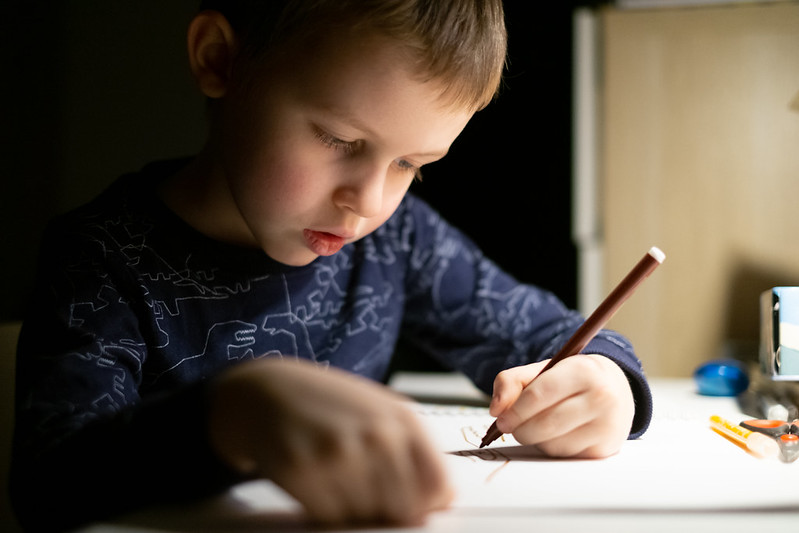







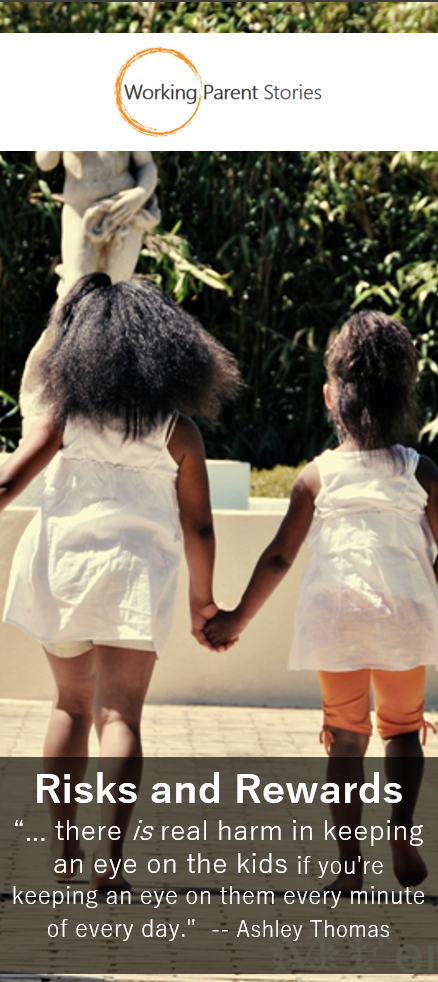

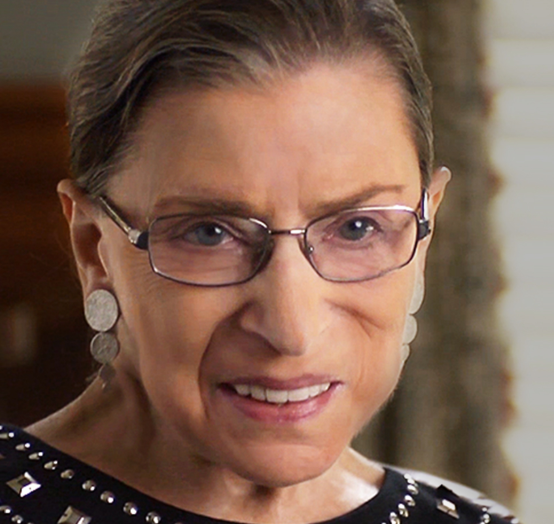

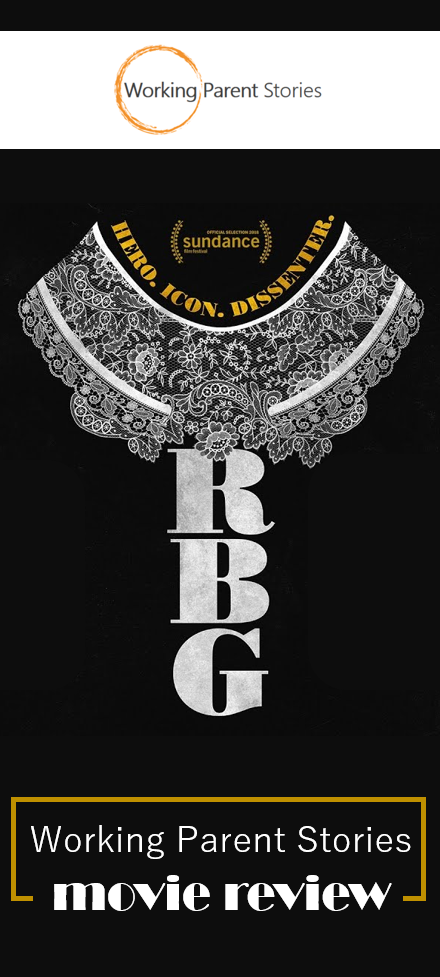
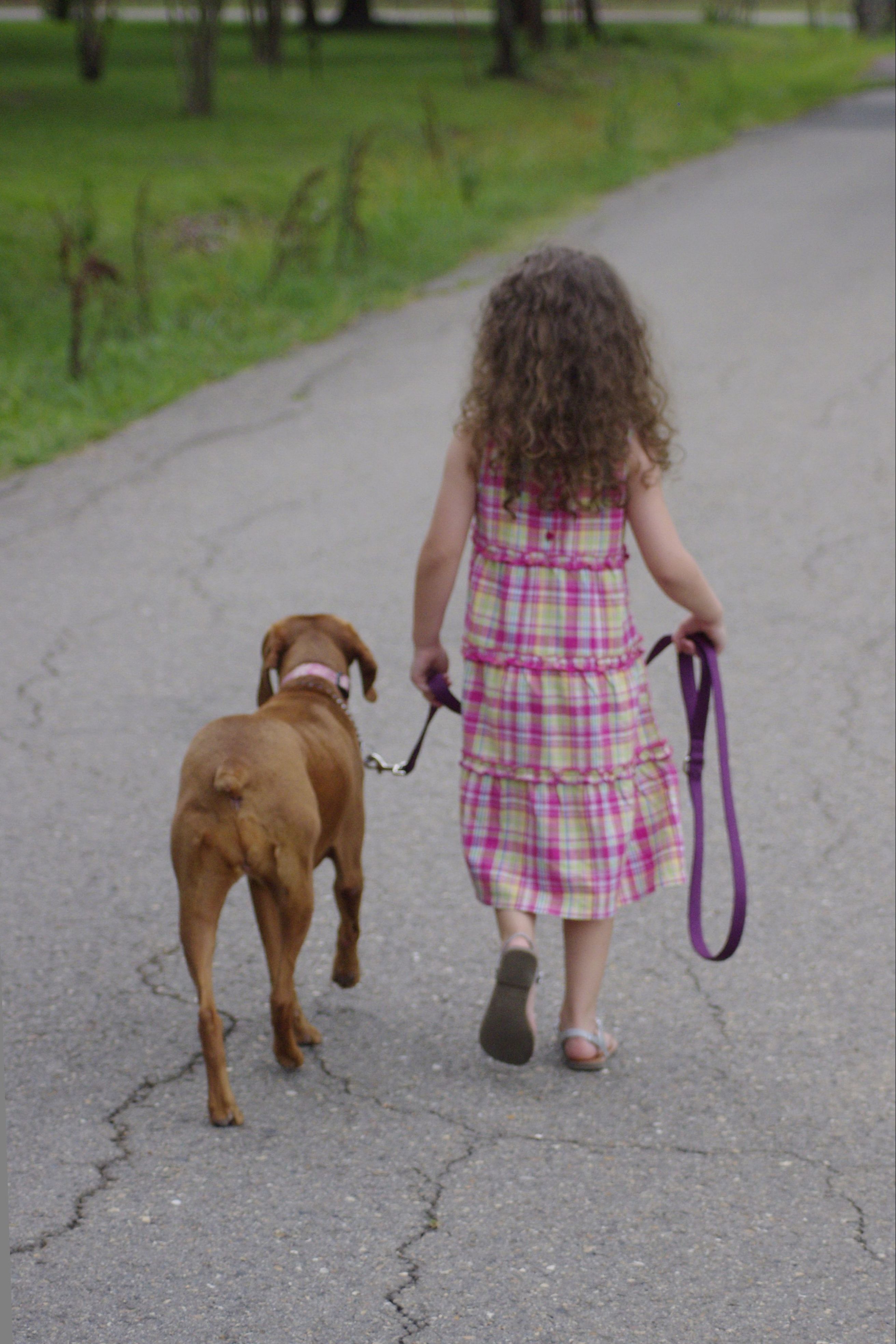
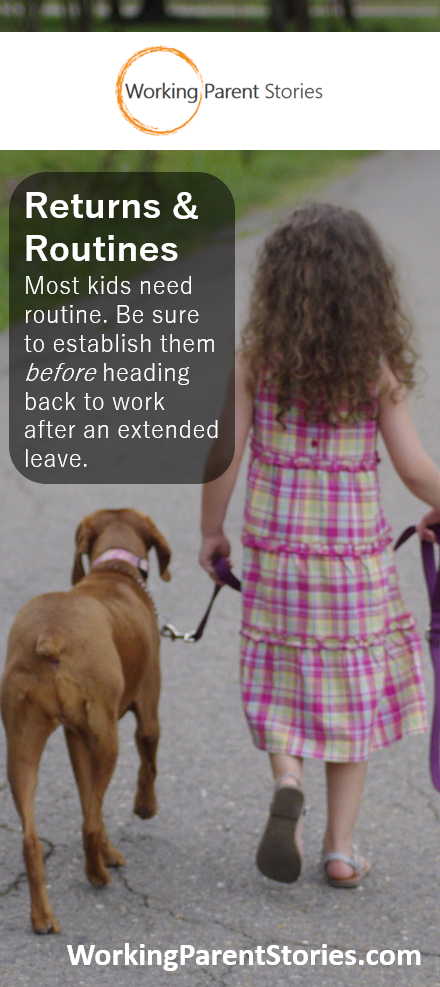


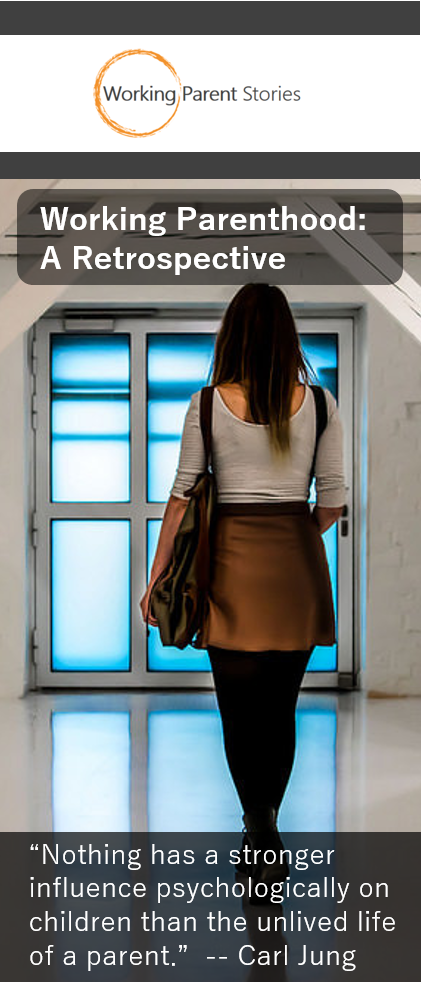



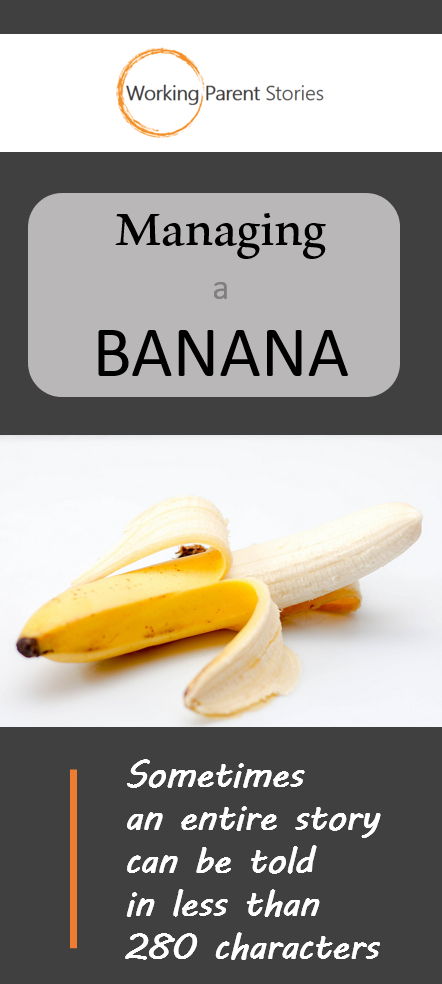
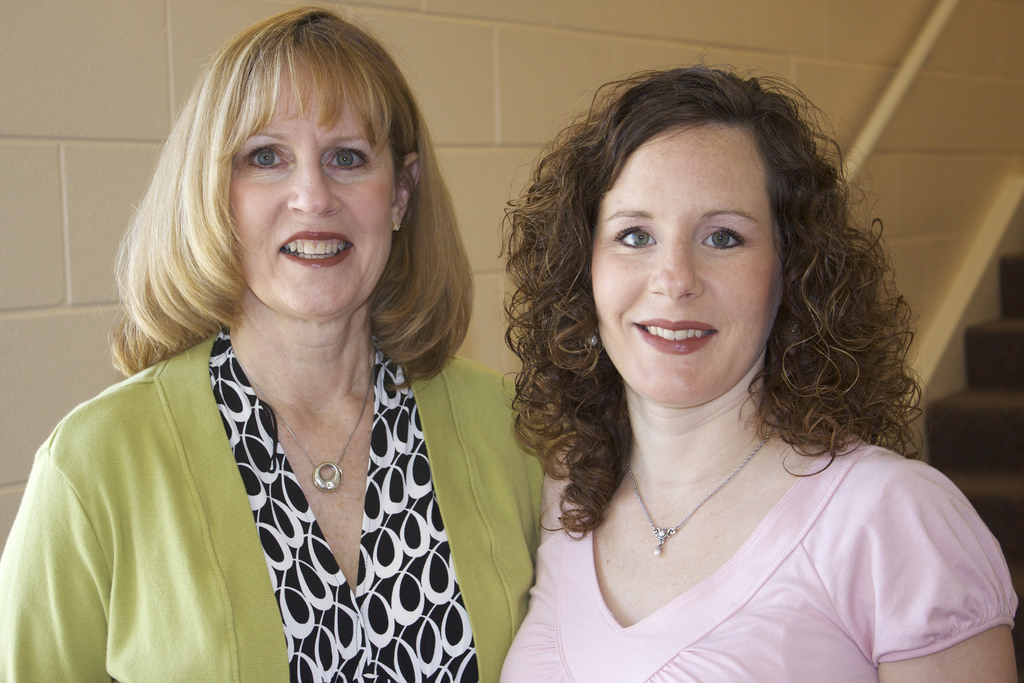

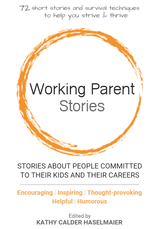
 RSS Feed
RSS Feed